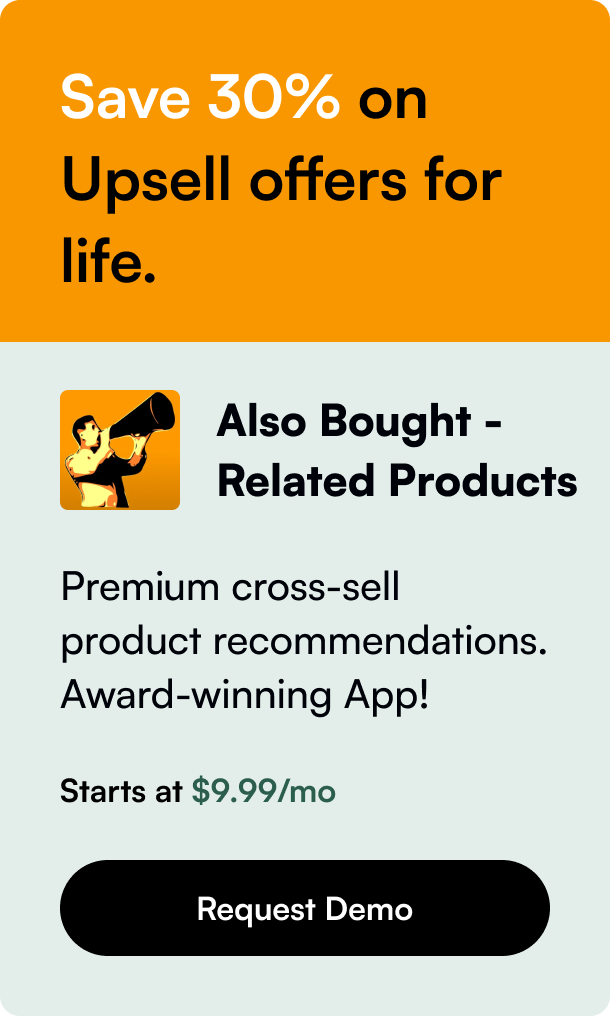Table of Contents
- Introduction
- Gumroad: Simplicity at Its Core
- Shopify: Expansive E-commerce at Your Fingertips
- Thorough Considerations: Comparing and Deciding
- Conclusion: Aligning Platform with Purpose
- FAQ Section at the End
Introduction
Selecting the appropriate e-commerce platform to sell your digital products is a decision that can have a lasting impact on your business. In the digital marketplace, two platforms that often come into consideration are Gumroad and Shopify. Each caters to different business needs and approaches the online selling landscape with distinct features and strategies. Our goal is to dissect these two options and offer you a comprehensive understanding to choose the right platform for your digital goods.
Gumroad: Simplicity at Its Core
For content creators who prize straightforwardness and demand a no-frills approach to selling online, Gumroad presents itself as a viable option. Its ease of use is particularly appealing to those venturing into the digital marketplace for the first time or for those who prioritize getting their product out there with minimal setup. Here's an insight into what Gumroad brings to the table:
- User-Friendly Interface: Ideal for beginners, Gumroad offers an intuitive dashboard, simplifying the process of listing your digital products.
- Direct Selling Approach: Gumroad thrives on the premise of being close to your audience, offering direct sales through links shared on social media, blogs, or personal websites.
- Creator-Focused Model: Emphasizing creators' content, Gumroad facilitates a close relationship between creators and their patrons.
- Payment Structure: It operates on a transaction fee-based model with no monthly commitments, which can be beneficial when starting small.
Shopify: Expansive E-commerce at Your Fingertips
Should your digital venture require a more robust and customizable platform, Shopify stands out with its diverse toolkit designed to accommodate business growth. If expansion, wide-ranging functionality, and a professional online store are what you seek, here's why Shopify might be the better fit:
- Website Development Tools: Shopify provides a host of templates and design tools to build a cohesive, brand-centric e-commerce website.
- Comprehensive Seller Features: An extensive suite of sales, marketing, and analytics tools are at your disposal to optimize your store performance.
- Scalability: Shopify grows with your business, offering various plans to accommodate an expanding customer base and product range.
- Global Brand Recognition: As an established e-commerce giant, Shopify ensures trust, reliability, and a host of integrations to streamline your operations.
Thorough Considerations: Comparing and Deciding
Your choice ultimately boils down to your business model, scale, and long-term vision. For solo creators with a limited range of digital products, the simplicity and ease of starting with Gumroad could be ideal. Conversely, for ambitious entrepreneurs aiming to create a comprehensive online presence with a desire to scale, Shopify's breadth of features and established reputation could be more alluring.
Conclusion: Aligning Platform with Purpose
In conclusion, both Gumroad and Shopify serve as sound platforms grounded in different philosophies of online selling. Align your decision with your business needs—opt for Gumroad if your focus is on a hassle-free, easy-to-setup selling model, or choose Shopify if you envision building a larger-scale digital storefront. Make your choice wisely, considering not just your immediate needs, but also your long-term business aspirations.
FAQ Section at the End
Can I integrate Gumroad with Shopify?
There isn't a direct in-built integration, but one could use third-party services like Zapier to connect the two for specific workflows.
Which is more cost-effective for small-scale selling?
Gumroad may be more cost-effective initially due to its absence of monthly fees, only taking a cut from actual sales.
How user-friendly is Shopify for beginners?
Shopify offers a multitude of resources and support for beginners, including tutorials and community forums, making it quite approachable for newcomers.
What about SEO and discoverability on each platform?
Shopify has robust SEO tools and capabilities, while Gumroad relies more on your existing audience and how you market your Gumroad product pages.
Is Gumroad or Shopify better for physical product integration?
While Gumroad does allow for the sale of physical products, Shopify is inherently structured for both digital and physical goods and has more extensive tools for shipping and inventory management.
Make your platform choice with a clear understanding that it is not just a marketplace, but a crucial partner in achieving your vision for selling digital products. Whether herding a modest but passionate niche audience through Gumroad or cultivating a comprehensive digital empire via Shopify, pick a path that aligns seamlessly with your entrepreneurial spirit and market strategy.








